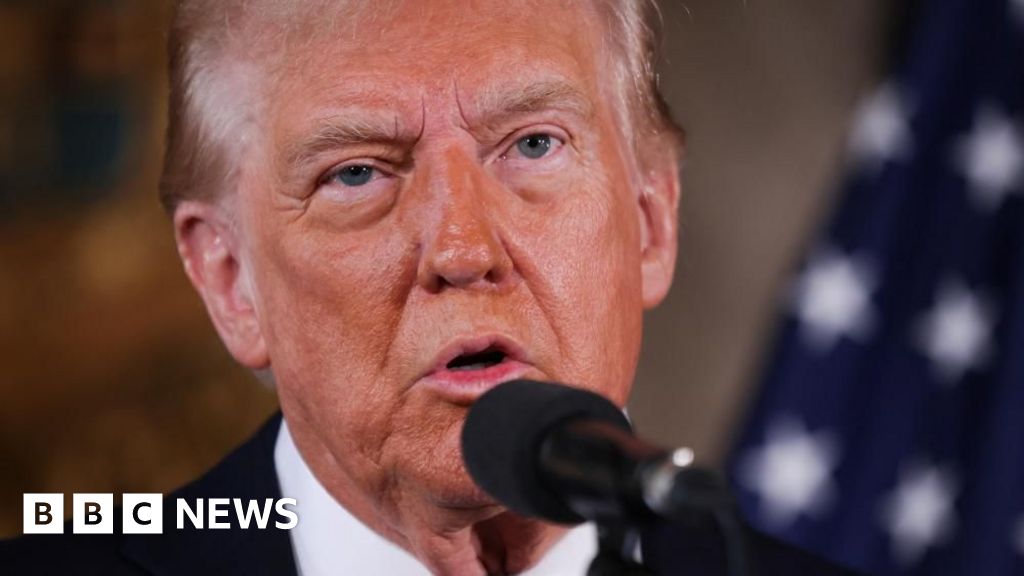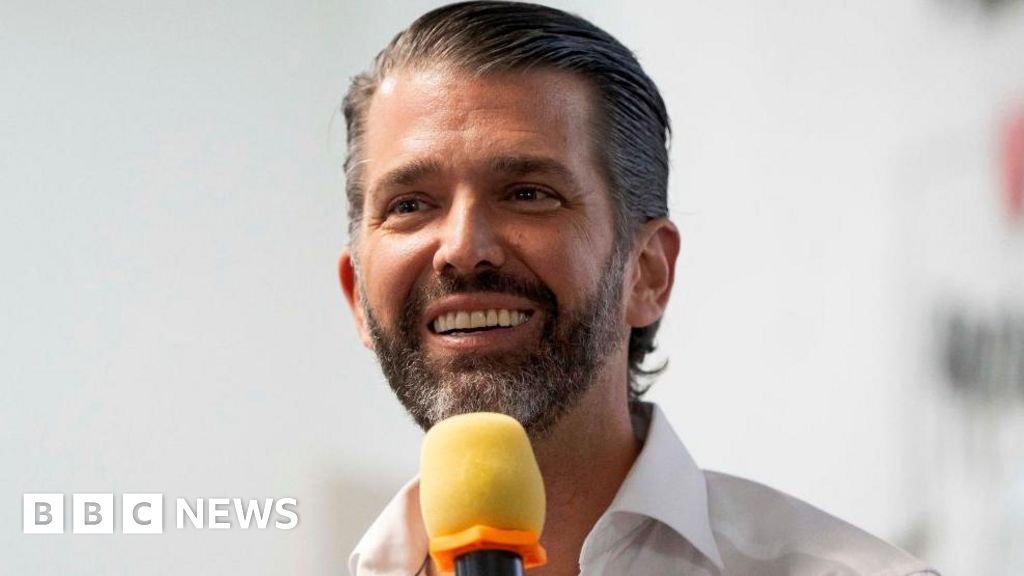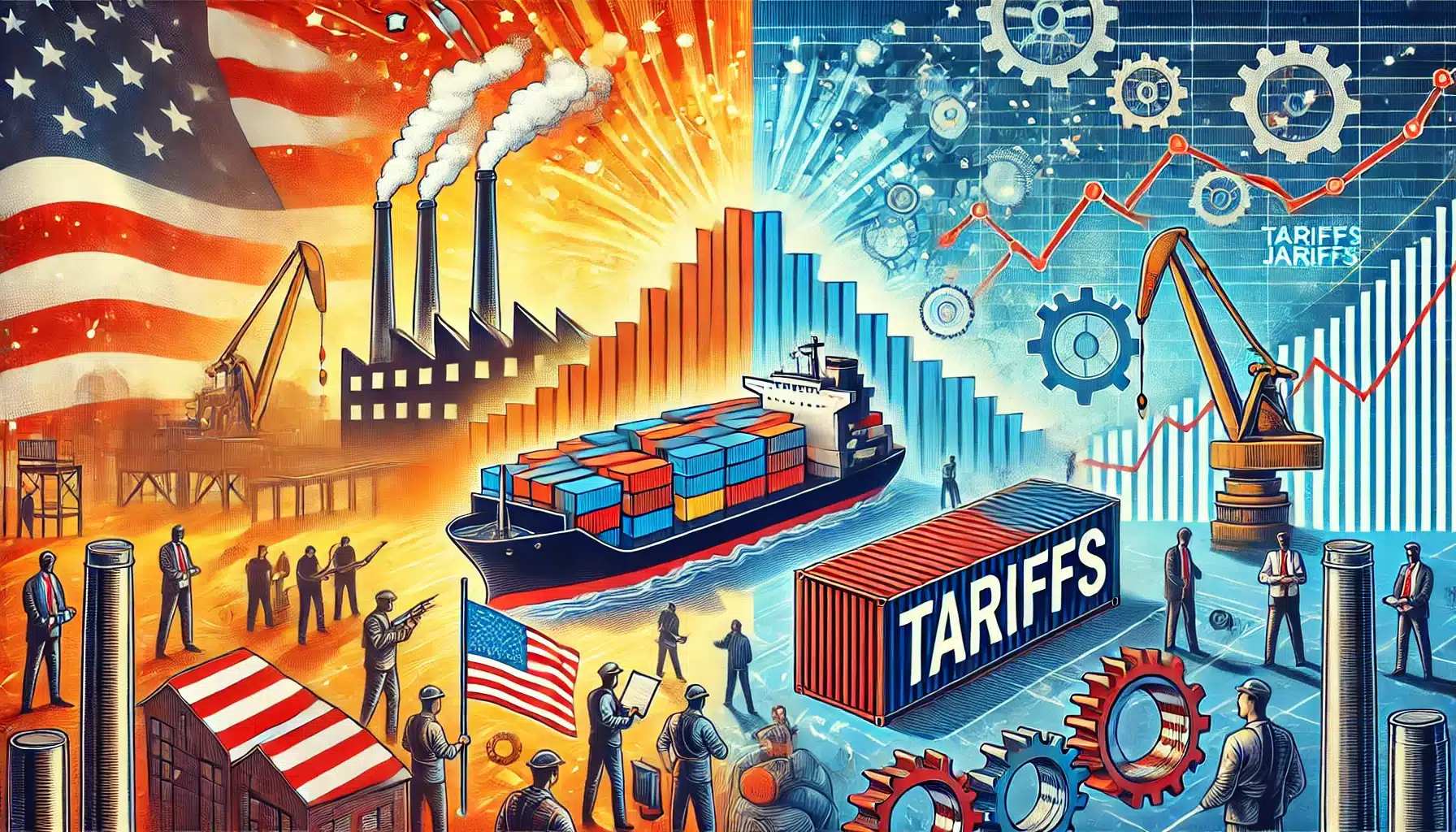China Targets US Defence Giants Over Taiwan Military Aid Ahead of Trump’s Inauguration – World News

In a decisive move that escalates tensions between the US. and China, Beijing has banned seven major American defence and aerospace companies from operating within its borders. This includes industry giants such as Lockheed Martin, General Dynamics, and Boeing’s subsidiary, Insitu. The ban comes in direct retaliation to US arms sales to Taiwan, a region China considers a breakaway province.
The sanctions were announced by China’s Commerce Ministry just days before President Donald Trump’s swearing-in ceremony on January 20. This timing signals a clear response to the United States’ growing military support for Taiwan, a stance that China has long opposed.
The companies added to China’s “unreliable entities list” will face significant restrictions. These include being barred from engaging in import-export activities, making new investments in China, and having senior executives banned from entering the country. This is not the first time China has taken such measures against American companies involved in arms sales to Taiwan, but the timing of the sanctions in relation to Trump’s inauguration amplifies the geopolitical implications.
Taiwan: The Flashpoint in US-China Relations
Taiwan has long been a flashpoint in US-China relations. While the US does not officially recognize Taiwan as a sovereign nation, it remains Taiwan’s most important military ally, providing defence systems and support to counter China’s growing military pressure. This has led to growing tensions, with China viewing US involvement as a direct challenge to its territorial claims.
China’s government has repeatedly expressed outrage over US weapons sales to Taiwan, arguing that they undermine efforts to reunify Taiwan with mainland China. With Trump’s upcoming inauguration, the timing of these sanctions suggests that Beijing anticipates a continuation or even escalation of US military support for Taiwan under his leadership.
Xi Jinping’s Strong Remarks on Taiwan
During his New Year’s address, Chinese President Xi Jinping reiterated China’s firm position on Taiwan, calling it an inseparable part of the nation. He stressed that no force could stop Taiwan’s eventual reunification with China, underscoring the government’s determination to resolve the issue, by force if necessary.
Xi’s statements further highlight the deeply entrenched nature of the Taiwan issue in China’s foreign policy, making it clear that Taiwan remains one of the most sensitive and volatile aspects of US-China relations.
The Broader Impact on US-China Relations
The recent sanctions mark a significant escalation in the ongoing US-China tensions over Taiwan and military matters. As the United States continues to strengthen its ties with Taiwan, China is likely to maintain—or even intensify—its economic and diplomatic responses. The broader geopolitical rivalry between the two nations is set to deepen, with both sides asserting their influence in the Indo-Pacific region.
For US defence companies, the ban represents a new challenge in their operations, particularly in the Chinese market. The long-term implications for business interests are yet to be seen, but the ripple effects could shape future policies in both Washington and Beijing.
As the world watches these developments closely, the situation over Taiwan remains one of the most pressing global issues, with far-reaching consequences for international security and stability.
Related
Trump refuses to rule out military force to take over…
US President-elect Donald Trump has said he would not rule out the use of military force to seize control of the Panama Canal and Greenland, as he declared US c
Trump ramps up threats to gain control of Greenland and…
US President-elect Donald Trump has ramped up threats to seize control of Greenland and the Panama Canal, calling both critical to US national security.Asked on
Trudeau says not ‘a snowball’s chance’ Canada would become part…
Prime Minister Justin Trudeau said “there isn’t a snowball’s chance in hell that Canada would become part of the United States,” on the same
Trump Jr to visit Greenland after dad says US should…
Donald Trump Jr is planning to visit Greenland, two weeks after his father repeated his desire for the US to take control of the autonomous Danish territory.The








